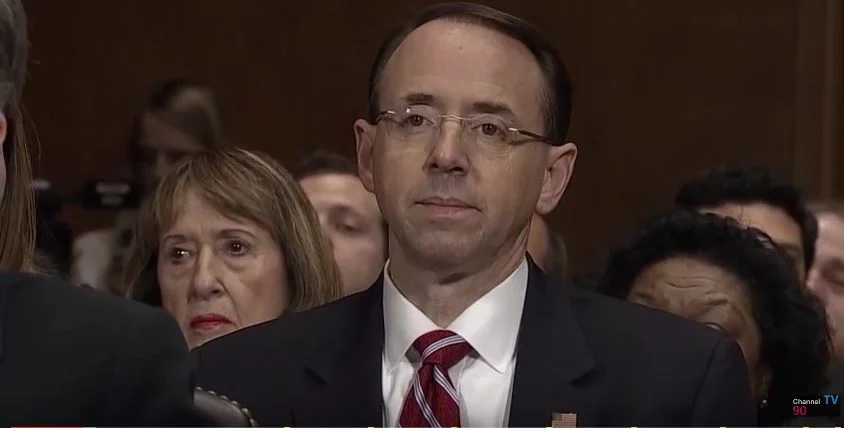Friday May 15, 2020.
The Washington Post, always on the lookout to protect your health, published a pre-emptive strike against anti-malaria drug hydroxychloroquine, citing as the news hook “a growing cache of data linking the anti-malaria drug to serious cardiac problems.” (Oddly, they must have expected Trump to “tout” the drug at least one more time, and he did not disappoint, announcing to a gobsmacked press corps on Monday May 18 that he himself had been taking the drug under the guidance of the White House doctor, for a week and a half as a preventive measure).
Read the article here: Drug promoted by Trump as coronavirus ‘game changer’ increasingly linked to deaths
Alarmed by this growing data cache, “some drug safety experts are now calling for even more forceful action by the government to discourage its use,” the authors wrote. Several have called for the FDA to revoke its emergency use authorization, given hydroxychloroquine’s documented risks.” The first forceful action was when the FDA on April 30 warned against use of the drug outside a hospital setting due to the potential for cardiac problems.
That warning came on the heels of a study from the Veterans Administration hospital that was widely publicized by multiple media outlets. The study was observational and not double-blinded, randomized or controlled as the medical community has been calling for. And it was retrospective, meaning it looked at records after resolution of a patient’s case.




